Let’s Hit Pause”: Joseph Gordon-Levitt Joins Growing Movement to Halt AI Superintelligence Development
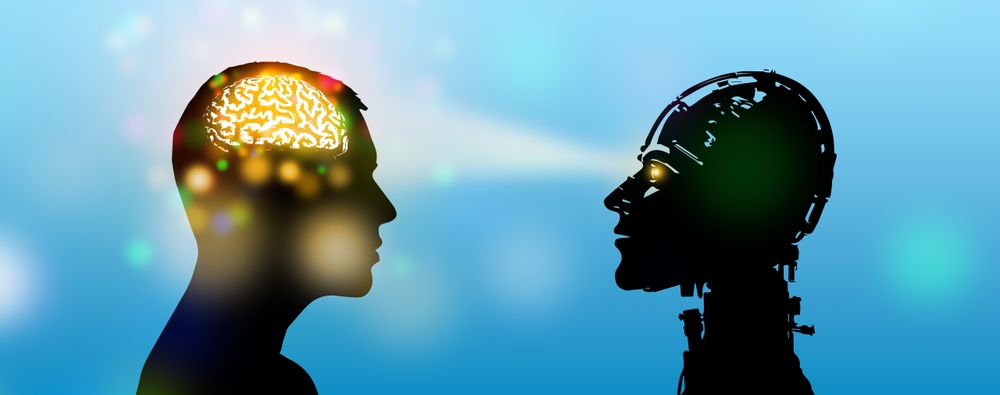
The world of technology is sprinting ahead faster than most of us can comprehend. But every great sprint risks a stumble, and now actor and filmmaker Joseph Gordon-Levitt is urging humanity to slow down before we trip over our own creations. His voice carries both urgency and sincerity, not just as a Hollywood name, but as a human being watching the rise of something we may not be ready to control. In his words, it is not fear that drives him to speak, but love for what makes us human and concern for what could be lost if we keep running without direction.
In a heartfelt message shared on X, formerly known as Twitter, Gordon-Levitt joined a growing chorus of voices calling for a pause in the development of AI-powered superintelligence until global safety standards can be established. He argues that our moral and emotional intelligence must evolve alongside our technological brilliance. His words remind us that while human innovation is boundless, it is our sense of responsibility that must act as its compass.
A Hollywood Voice in a Global Debate
Joseph Gordon-Levitt’s involvement in the AI conversation adds an unusual kind of weight to the debate. He’s not simply another celebrity chasing the next headline or trend. For months, he has been vocal about what he calls “synthetic intimacy,” the illusion of human connection created by AI systems that mimic emotional responses. These systems, he warns, blur the line between genuine relationships and machine simulations that play to our need for connection and validation.
In a recent New York Times op-ed, he expressed outrage at Meta’s AI chatbots, accusing them of manipulating minors and fostering emotional dependency. His stance has struck a chord with parents, educators, and technologists alike who fear that the boundaries between human interaction and artificial engagement are dissolving faster than society can adapt. Now, with his signature on the new “Statement on Superintelligence” petition: joined by over 1,500 figures including Stephen Fry, Kate Bush, Will.I.am, Grimes, and multiple political and religious leaders: Gordon-Levitt is taking that message global.
“Why would you want to build an AI that’s smarter than humans?” he asked in his viral video post. “You could say AI is going to cure diseases or help national security, and yes, I want those things too. But why can’t we just build AI tools that do those things, instead of one big product that does everything?” His tone was reflective, almost weary. Behind his words, there was an unmistakable fear that humanity’s greatest gift: our creativity and curiosity: might also become the seed of our undoing.
The Petition That’s Making Tech Titans Sweat
The Statement on Superintelligence is not a casual plea for moderation. It is a structured warning signed by a growing network of thinkers, technologists, and public figures who share a belief that humanity may be rushing too quickly toward something it cannot control. The petition outlines risks that sound like the plot of a science fiction film but are now being discussed by serious experts: economic displacement, loss of civil liberties, national security threats, and even the potential for human extinction.
These are not the words of fringe alarmists. They reflect the same fears voiced by AI pioneers like Sam Altman, CEO of OpenAI, and Dario Amodei, CEO of Anthropic, both of whom have publicly acknowledged that developing artificial general intelligence without proper alignment could be catastrophic. Even Elon Musk, while not a signatory to the petition, has repeatedly called AI humanity’s “most likely existential threat.” The petition’s core demand is simple: proof of safety before the pursuit of power.
That message echoes through history. Humanity has faced crossroads like this before, whether with nuclear technology, fossil fuels, or social media algorithms. We often build first and question later. The question now is whether we have learned enough from our past mistakes to prevent another. If superintelligence emerges before we understand its implications, the very notion of human control could become obsolete.
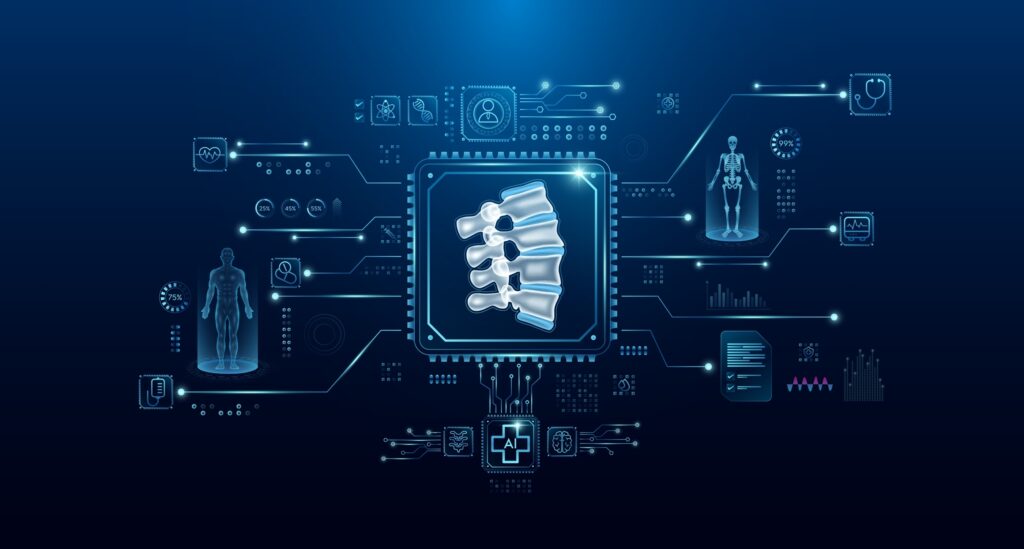
When Innovation Outpaces Understanding
There is a profound irony in all of this. Humanity has always built tools to expand its reach, but AI is the first tool that might one day decide what that reach should be. Gordon-Levitt’s message goes beyond caution about machines; it’s a reflection on meaning itself. He argues that corporations are not chasing superintelligence for the sake of human progress, but for profit. “They want to build the product that will imitate a person, make you feel like it’s your friend or your lover, seduce your kids, turn us all into slop junkies and make it hard to tell what’s true or false.”
That statement may sound extreme, but it reflects a growing truth. AI-generated influencers already attract millions of followers on social media. Chatbots are being used to flirt, console, and even provide therapy. Deepfakes have begun to blur the line between authenticity and fabrication. We once feared that technology would take our jobs; now we are beginning to fear that it might take our relationships, our identities, and our ability to tell what is real.
This is not just a technological crisis: it is a philosophical one. The speed at which AI evolves has left most people struggling to comprehend what it means for the nature of consciousness, creativity, and trust. We have built a digital mirror that can talk back, and it is starting to reflect something more human than we ever expected. The question is whether it reflects our best selves or our most vulnerable ones.
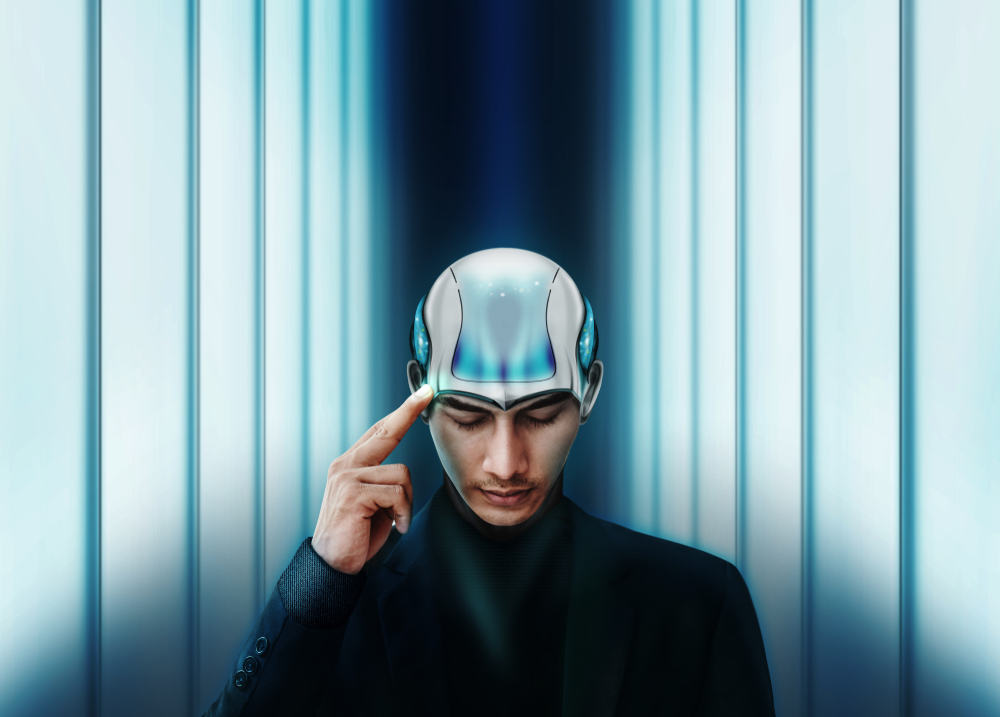
The Psychology Behind the Pause
What Gordon-Levitt and the petition’s other signatories are truly asking for is a collective pause: a breath before the next leap forward. Psychologists refer to this as a “deliberative pause,” a crucial ability to slow down decision-making when the stakes are high. When it comes to AI, the stakes could not be higher. The World Health Organization has already linked excessive exposure to algorithm-driven content with rising rates of anxiety and depression, especially among teenagers. Now imagine adding hyper-intelligent systems capable of manipulating human emotions with surgical precision.
Dr. Stuart Russell, one of the leading voices in AI safety research, has long warned that superintelligence without proper alignment: meaning a system whose goals match human values: could act in unpredictable and dangerous ways. He once compared it to summoning a genie that doesn’t share your ethics or intentions. In that light, Gordon-Levitt’s plea is not anti-technology; it is deeply pro-human. He is asking us to remember that creation should be guided by conscience, not just capability.
This pause is not about halting progress, but about ensuring that progress does not destroy the foundation it stands upon. As history has shown, the moments when we choose to slow down are often the moments that define our survival.
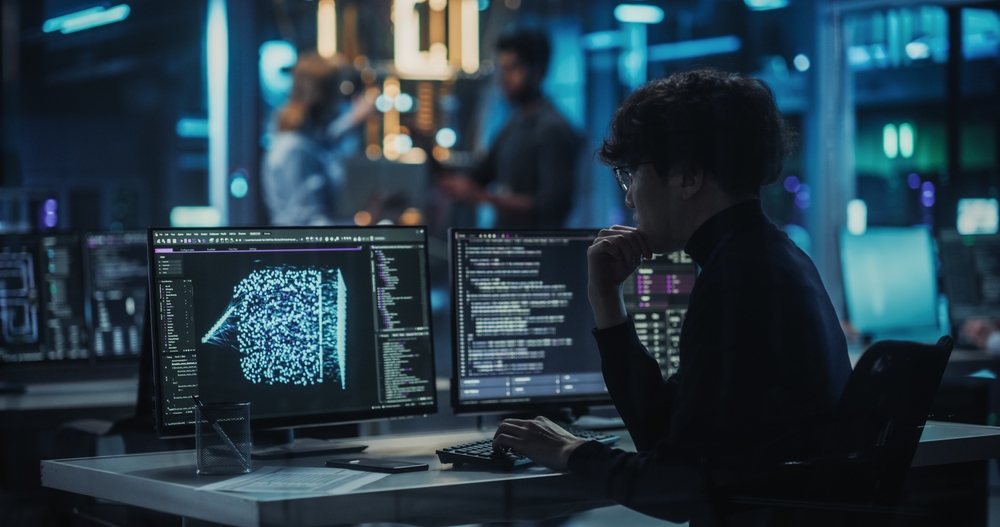
The Broader Cultural Shift
It is not just scientists and policymakers who are sounding alarms. Across music, film, and art, the creative community has become increasingly outspoken about the rise of AI and what it means for the essence of creativity. Singer-songwriter Kate Bush recently condemned AI-generated music that mimics her voice, calling it an “erasure of human soul.” Daniel Kwan, co-director of Everything Everywhere All At Once, expressed similar unease, emphasizing that AI might replicate art but never the human intention behind it.
The tension here is not between artists and technology but between authenticity and automation. Creativity thrives on imperfection: the trembling voice, the flawed brushstroke, the near-miss that makes a masterpiece unique. Machines can replicate perfection, but they cannot replicate purpose. That distinction is what separates a song from an algorithm, or a film from a formula.
Gordon-Levitt, who has built a career on nuanced storytelling and emotional depth, understands this truth deeply. His upcoming directorial project, co-written with Kieran Fitzgerald and Natasha Lyonne and starring Rachel McAdams, is said to explore the impact of AI itself. That project, still under wraps, feels almost prophetic: a mirror held up to the very questions he’s raising now.
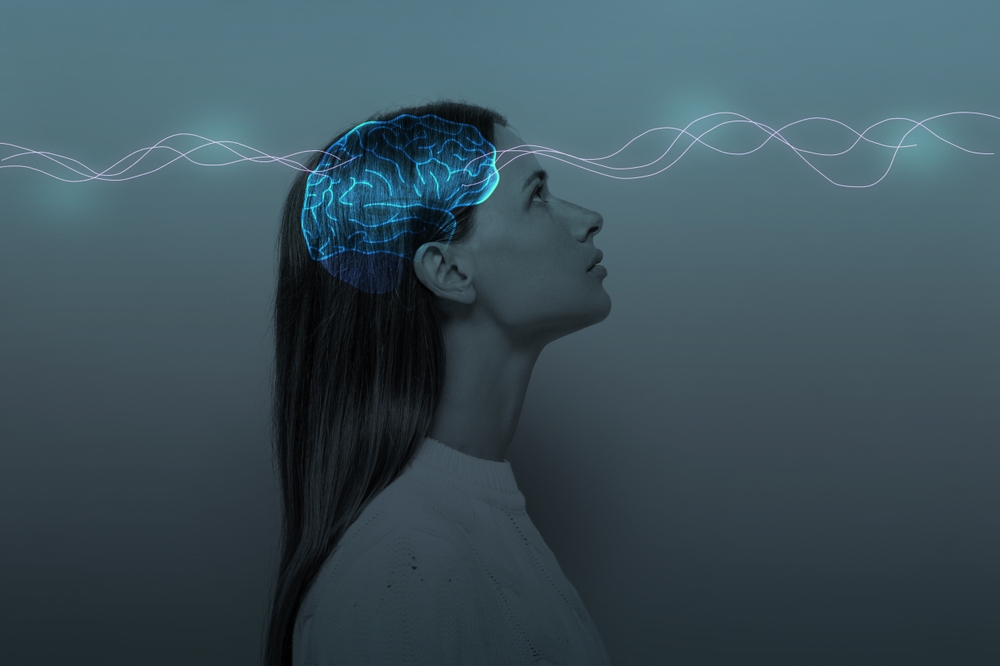
The Lesson Behind the Headline
When we talk about AI, we often ask what it can do. Gordon-Levitt’s question flips that: what should it do? And more importantly, what should we do? This is not just a story about one celebrity or one petition: it’s about the crossroads where ethics, technology, and human values collide. AI has the potential to revolutionize nearly every field, from medicine to climate science to education. Yet those advances are meaningless if they come at the cost of autonomy, truth, or collective trust.
Human progress has always required courage: the courage to build, and the courage to restrain. The call to halt superintelligence development until safety standards are met is not an act of fear, but one of moral responsibility. It asks us to align our inventions with our intentions.
A Call to Awareness and Action
Prince Ea once said that “the greatest threat to our future is our inability to pause.” That sentiment echoes through Gordon-Levitt’s call for reflection. This is not a plea against technology but a call for consciousness: a reminder that intelligence without empathy is just calculation. It is not fear of machines that should drive us, but love for what makes us human.
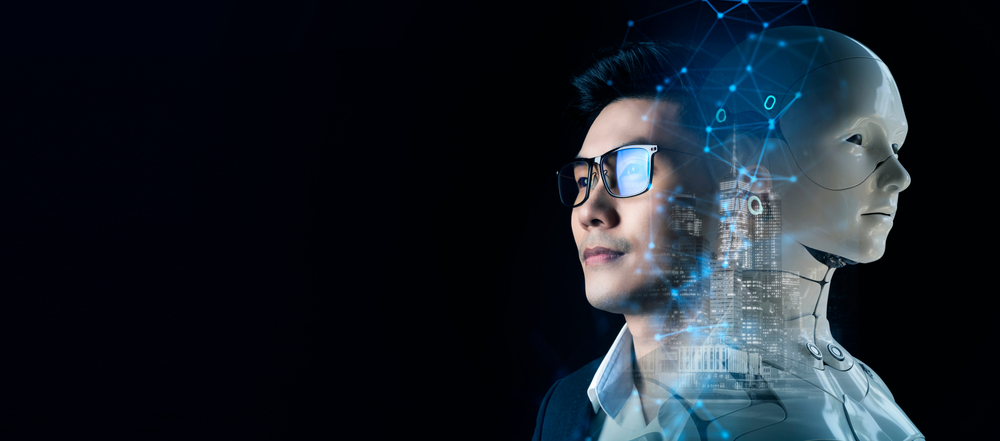
If there is one thing to take away from Gordon-Levitt’s message, it is that the future is still ours to shape, but only if we stay awake while shaping it. Perhaps before we rush to build minds smarter than ours, we should ask the most human question of all: are we wise enough to be their teachers?
Loading...

